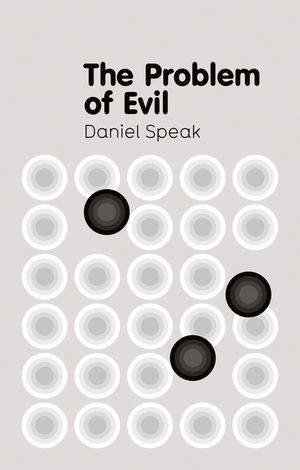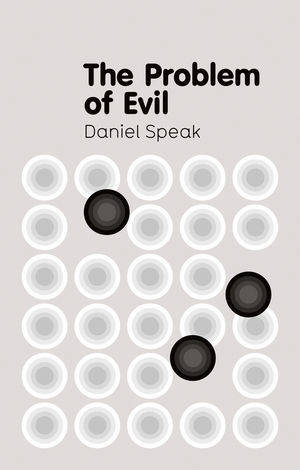
- Afhalen na 1 uur in een winkel met voorraad
- Gratis thuislevering in België vanaf € 30
- Ruim aanbod met 7 miljoen producten
- Afhalen na 1 uur in een winkel met voorraad
- Gratis thuislevering in België vanaf € 30
- Ruim aanbod met 7 miljoen producten
Zoeken
€ 31,45
+ 62 punten
Omschrijving
The most forceful philosophical objections to belief in God arise from the existence of evil. Bad things happen in the world and it is not clear how this is compatible with the existence of an all-powerful and perfectly loving being. Unsurprisingly then, philosophers have formulated powerful arguments for atheism based on the existence of apparently unjustified suffering. These arguments give expression to what we call the problem of evil.
This volume is an engaging introduction to the philosophical problem of evil. Daniel Speak provides a clear overview of the main lines of reasoning in this debate and argues for the defensibility of theistic belief in the face of evil. He fleshes out the distinction between theodicy and defense and guides the reader through the logical, evidential, and hiddenness versions of the problem. In an accessible and beautifully written account, Speak describes the central issues surrounding the problem of evil in a way that clarifies both the complex reasoning and specialised terminology of the topic.
The Problem of Evil is an ideal introduction to contemporary debates over one of the most gripping perennial questions. Read either on its own or alongside the primary materials it deftly covers, students and scholars will find this volume a terrific resource for understanding the challenges to religious belief raised by evil.
This volume is an engaging introduction to the philosophical problem of evil. Daniel Speak provides a clear overview of the main lines of reasoning in this debate and argues for the defensibility of theistic belief in the face of evil. He fleshes out the distinction between theodicy and defense and guides the reader through the logical, evidential, and hiddenness versions of the problem. In an accessible and beautifully written account, Speak describes the central issues surrounding the problem of evil in a way that clarifies both the complex reasoning and specialised terminology of the topic.
The Problem of Evil is an ideal introduction to contemporary debates over one of the most gripping perennial questions. Read either on its own or alongside the primary materials it deftly covers, students and scholars will find this volume a terrific resource for understanding the challenges to religious belief raised by evil.
Specificaties
Betrokkenen
- Auteur(s):
- Uitgeverij:
Inhoud
- Aantal bladzijden:
- 200
- Taal:
- Engels
- Reeks:
Eigenschappen
- Productcode (EAN):
- 9780745664071
- Verschijningsdatum:
- 1/11/2014
- Uitvoering:
- Paperback
- Formaat:
- Trade paperback (VS)
- Afmetingen:
- 137 mm x 213 mm
- Gewicht:
- 199 g

Alleen bij Standaard Boekhandel
+ 62 punten op je klantenkaart van Standaard Boekhandel
Beoordelingen
We publiceren alleen reviews die voldoen aan de voorwaarden voor reviews. Bekijk onze voorwaarden voor reviews.











